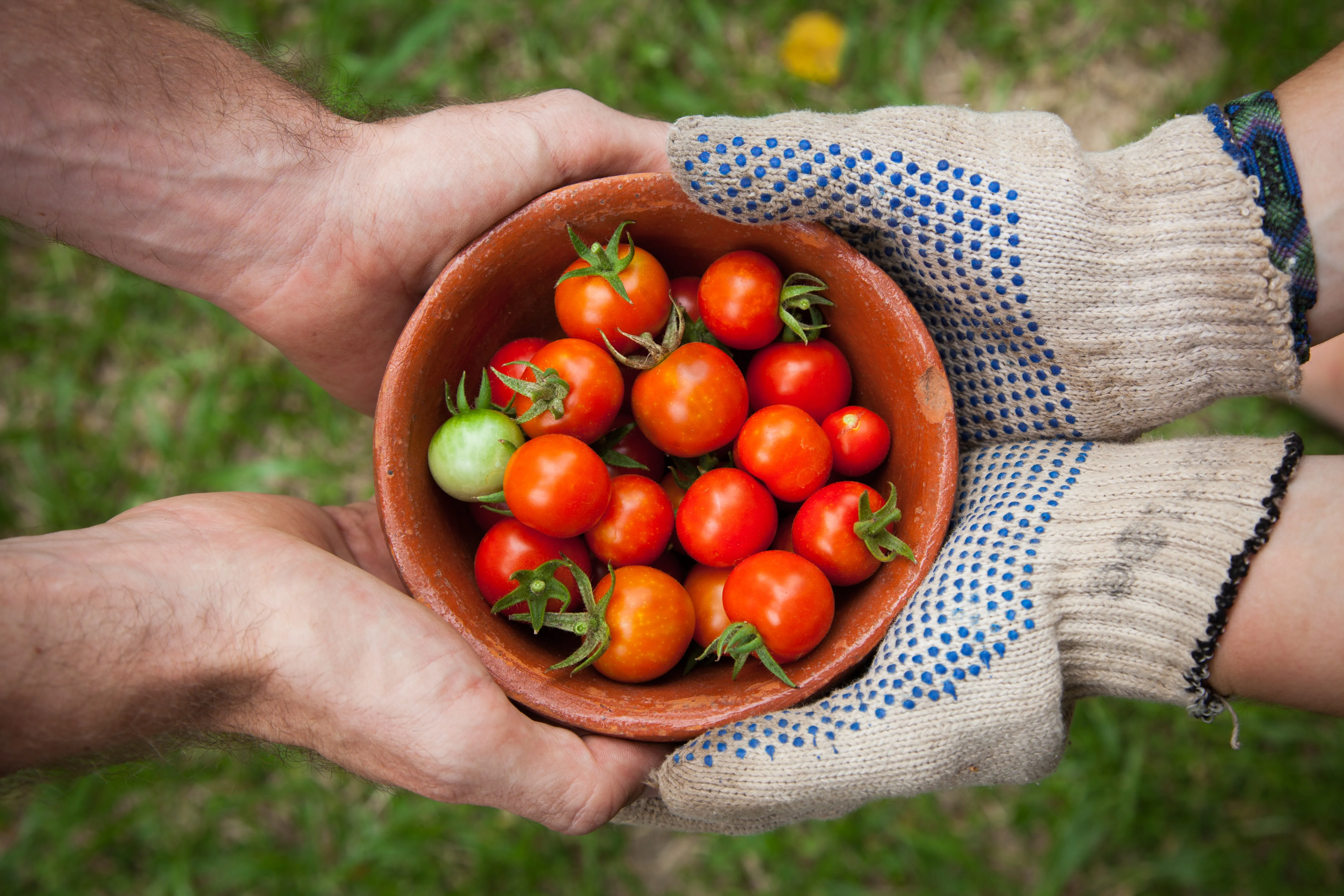The Long-Term Impact of No-Till Farming on Yield
Uncover 'The Long-Term Impact of No-Till Farming on Yield' in this insightful blog post by Vriksha Farms. Learn how no-till practices enhance soil health and crop productivity over time. Explore the environmental benefits, necessary tools, and strategies for successful no-till farming. This post provides an in-depth analysis of how no-till methods contribute to sustainable agriculture, offering long-term benefits in yield and farm efficiency

Introduction:
At Vriksha Farms, we advocate for sustainable farming practices that not only care for the environment but also enhance agricultural productivity. One such practice is no-till farming, a method that has proven its worth in enhancing soil quality and crop yield over the long term. This blog post delves into the long-term impacts of no-till farming on yield, aligning with our commitment to Responsible Agroforestry and sustainable living.
Understanding No-Till Farming:
No-till farming involves growing crops without disturbing the soil through tillage. This practice maintains soil structure, conserves moisture, and preserves biodiversity in the soil ecosystem, all of which are crucial for sustainable agriculture.
1. Soil Health and Fertility:
Over time, no-till farming significantly improves soil health. It increases organic matter and nutrient levels in the soil, leading to enhanced fertility. This is especially beneficial in areas where soil degradation has been a major concern.
2. Water Conservation and Use Efficiency:
No-till farming aids in water conservation. The organic matter in undisturbed soil improves its water-holding capacity, making crops more resilient during dry periods. This is a key factor in maintaining consistent yields, especially in regions prone to drought.
3. Reduction in Soil Erosion:
By avoiding plowing, no-till farming reduces soil erosion significantly. This preserves the topsoil, which is rich in nutrients and essential for healthy crop growth. Over years, this leads to a stable and even increased crop yield.
4. Pest and Disease Management:
No-till farming can lead to a more balanced ecosystem, promoting beneficial insects and microbes that help control pests and diseases. This natural pest management reduces the reliance on chemical pesticides, contributing to both yield sustainability and environmental safety.
5. Economic Sustainability:
Reduced machinery use and lower input costs make no-till farming economically sustainable. Over time, farmers can witness a reduction in expenses while maintaining or even increasing their yields.
6. Impact on Different Crop Types:
The benefits of no-till farming vary among different crops. While it's highly beneficial for certain crops like wheat, soybeans, and corn, the impact can vary for other types. Continuous monitoring and adaptive management are essential for maximizing yield benefits.
Conclusion:
No-till farming is not just a practice but a long-term investment in the health of the land and the prosperity of farmers. At Vriksha Farms, our commitment to sustainable farming practices like no-till farming aligns with our goals of providing customers with valuable investment opportunities in farmland and promoting a sustainable, environmentally conscious lifestyle. We invite you to join us in this sustainable journey, contributing to a greener future while reaping the benefits of a sound investment.
Call to Action:
Explore investment opportunities in sustainable farmland with Vriksha Farms. Experience the long-term benefits of no-till farming and be a part of a community that values the health of the land and its people. Contact us to learn more about our projects and how you can be involved.
